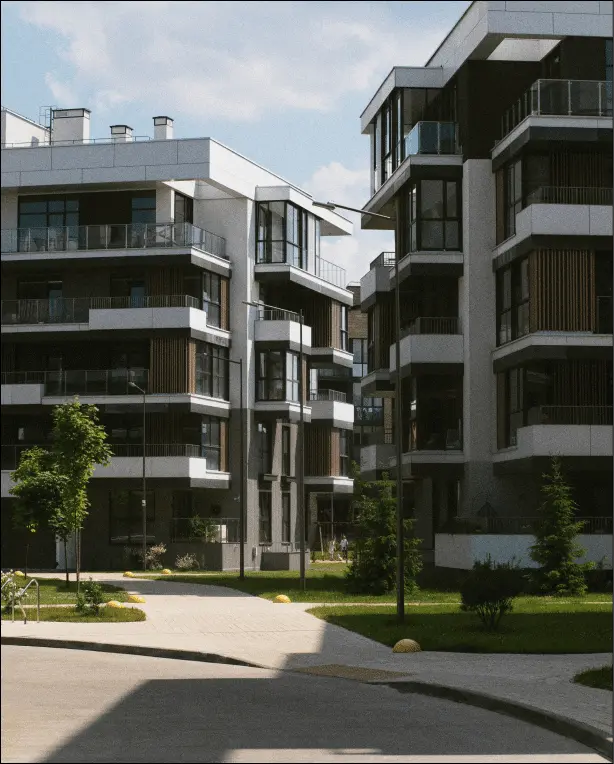Introduction
Heating replacement is a crucial decision that homeowners face, typically once every 15-20 years. Ensuring a warm and comfortable living space, especially during the colder months, is essential. According to the U.S. Energy Information Administration, nearly 50% of the energy used in American homes is for heating and cooling. With such a substantial portion of household energy going toward maintaining a comfortable indoor climate, it’s vital to recognize when a heating system is past its prime. This article explores clear signs indicating that it might be time to consider a heating replacement, ensuring that you’re not caught off guard in the middle of winter.
Inconsistent Heating and Frequent Repairs
Heating replacement becomes a pressing issue when your system struggles to maintain a consistent temperature or requires frequent repairs. As heating systems age, components wear out, and efficiency drops, leading to uneven heating and cold spots in your home. If you call a technician for repairs more than twice a year, the costs can quickly add up. The National Association of Home Builders notes that the average lifespan of a furnace is 8-10 years. Beyond this point, frequent and costly repairs clearly indicate that a heating replacement might be a more economical and efficient choice.
Rising Energy Bills and Decreased Efficiency
Heating replacement can also become necessary when you notice a steady increase in your energy bills without a corresponding increase in usage. Older heating systems operate less efficiently, increasing energy consumption and bills. The U.S. Department of Energy reports that even a furnace from the 1990s can have an efficiency rating as low as 65%, compared to modern systems that can achieve ratings of 98.5%. Upgrading to a more efficient system can lead to substantial energy savings, making a heating replacement a wise investment in the long run.
Strange Noises and Poor Indoor Air Quality
Heating replacement should also be considered if your system makes unusual noises or contributes to poor indoor air quality. Sounds like banging, popping, or rattling can indicate that parts are loose, broken, or worn out. Additionally, an old heating system can lead to a buildup of dust and allergens in your home, negatively impacting the indoor air quality. The Environmental Protection Agency (EPA) highlights the importance of a well-maintained heating system in promoting good indoor air quality. If your heating system is contributing to poor air quality or making strange noises, it may be time to explore heating replacement options.
Advanced Age and Lack of Modern Features
Heating replacement becomes an inevitable consideration as your system reaches the end of its lifespan and lacks modern features that enhance efficiency and comfort. Today’s heating systems come with advanced features like smart thermostats, variable speed motors, and modulating burners, which contribute to improved performance and comfort. If your system is over 15 years old and lacks these features, upgrading to a newer model can provide a significant boost in efficiency and comfort, making a heating replacement a worthwhile consideration.
Conclusion
Heating replacement is a significant decision that can impact your home’s comfort, energy bills, and indoor air quality. Recognizing the signs of an aging or inefficient system is crucial in making a timely and informed decision. From inconsistent heating and frequent repairs to rising energy bills and the lack of modern features, these indicators highlight when it might be time to consider a heating replacement. Investing in a new heating system can improve comfort, efficiency, and peace of mind, ensuring your home stays warm and cozy for years to come.




